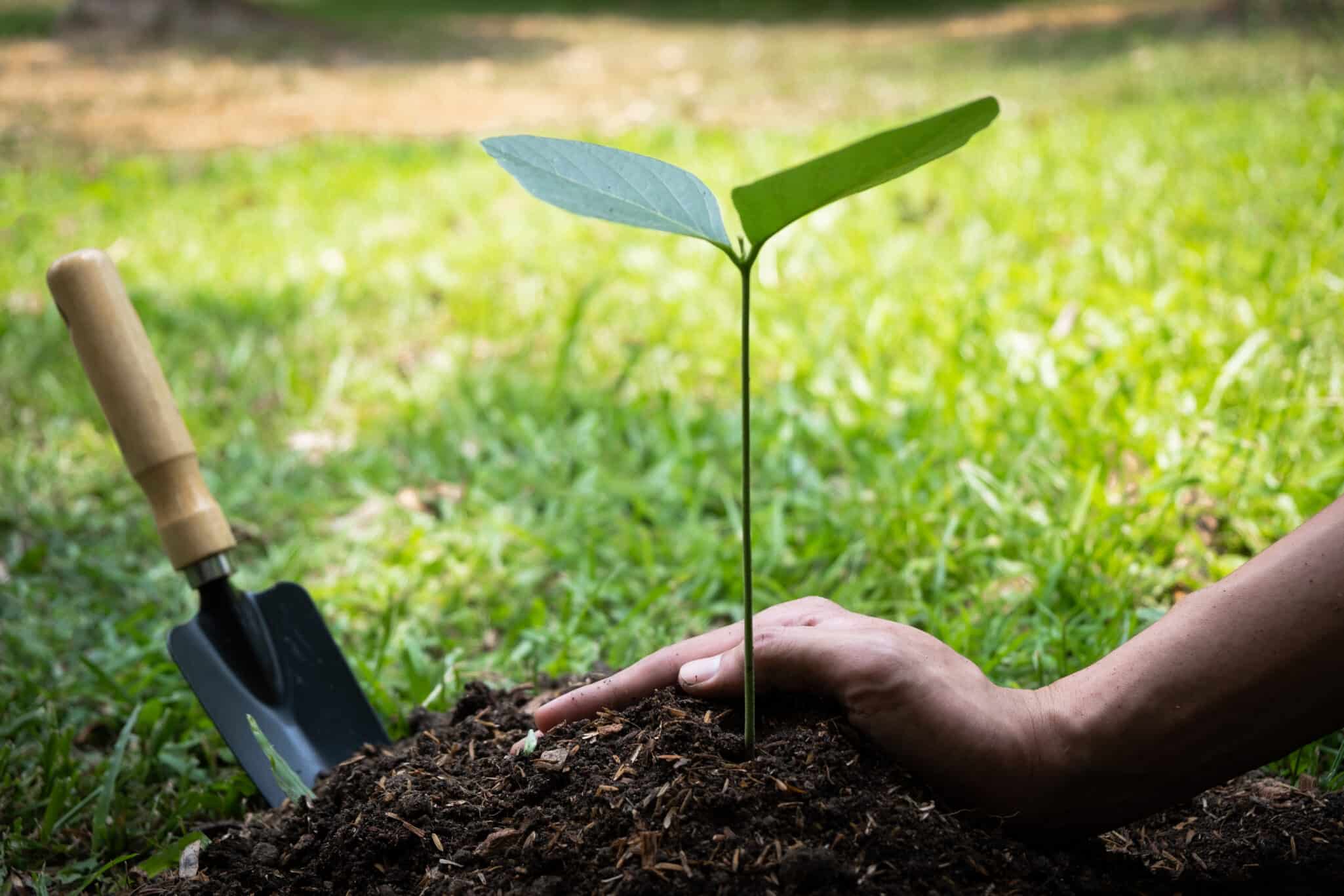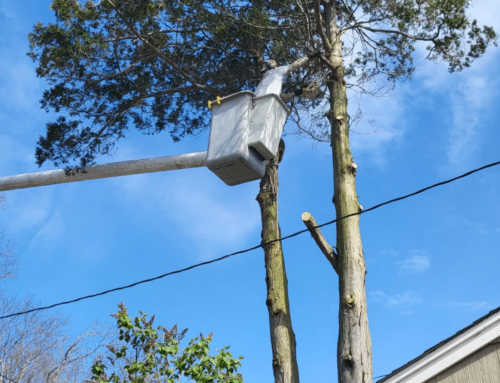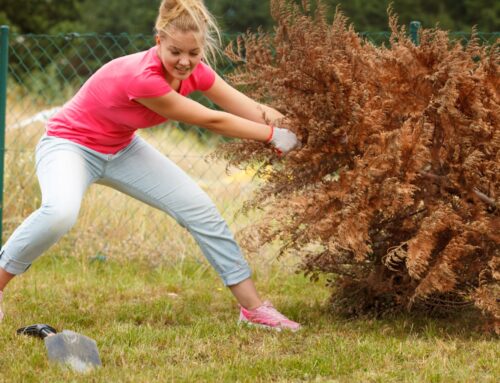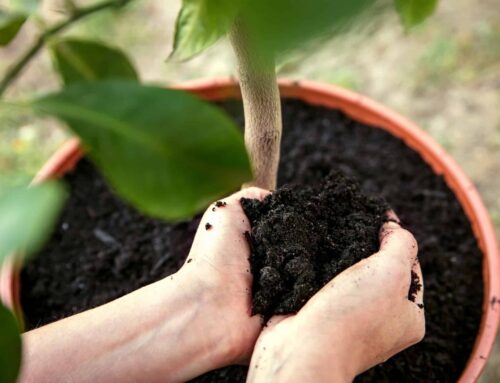Soil is a critical component of tree health, providing nutrients, water, and support for their roots. In this article, we will explore the different types of soil that are best for trees and how to maintain healthy soil for optimal tree growth.
Types of Soil for Trees
- Loam: Loamy soil is the ideal type of soil for trees as it is a mixture of sand, silt, and clay. This type of soil provides good drainage, water retention, and nutrient availability for trees.
- Sandy Soil: Sandy soil is composed mainly of sand particles and is not ideal for tree growth as it lacks water retention and nutrients. Sandy soil is best for trees that prefer drier conditions such as pine trees.
- Clay Soil: Clay soil is composed mainly of clay particles and is not ideal for tree growth as it has poor drainage and can become compacted. Clay soil is best for trees that prefer wetter conditions such as willow trees.
- Silty Soil: Silty soil is composed mainly of silt particles and is not ideal for tree growth as it has poor drainage and can become compacted. Silty soil is best for trees that prefer wetter conditions such as cottonwood trees.
- Chalky Soil: Chalky soil is composed mainly of calcium carbonate and is not ideal for tree growth as it has poor nutrient availability and can cause root rot. Chalky soil is best for trees that prefer alkaline conditions such as elderberry trees.
Maintaining Healthy Soil for Trees
- Soil Testing: Soil testing can determine the pH level, nutrient levels, and soil texture of your soil. This information can help you determine the best course of action to improve your soil for optimal tree growth.
- Adding Organic Matter: Adding organic matter such as compost, leaf mold, or aged manure to your soil can improve soil structure, water retention, and nutrient availability.
- Mulching: Mulching can help to retain soil moisture, regulate soil temperature, and suppress weed growth. Mulch should be applied 2-4 inches deep around the base of the tree, but not touching the trunk.
- Avoiding Soil Compaction: Soil compaction can occur from heavy foot traffic, heavy machinery, or construction activities. Soil compaction can reduce water and air flow to the tree roots, leading to poor tree growth. Avoid heavy foot traffic and machinery in areas around trees, and use aeration techniques to loosen compacted soil.
- Proper Irrigation: Trees require regular irrigation, especially during hot, dry weather. Overwatering can lead to water logging and root rot, while under watering can cause drought stress and poor tree growth. Trees should be watered deeply and infrequently to promote deep root growth.
Conclusion
In conclusion, soil is a critical component of tree health and growth. Loamy soil is the ideal type of soil for trees as it provides good drainage, water retention, and nutrient availability. Maintaining healthy soil for trees involves soil testing, adding organic matter, mulching, avoiding soil compaction, and proper irrigation. By maintaining healthy soil, you can ensure optimal tree growth, health, and longevity.






